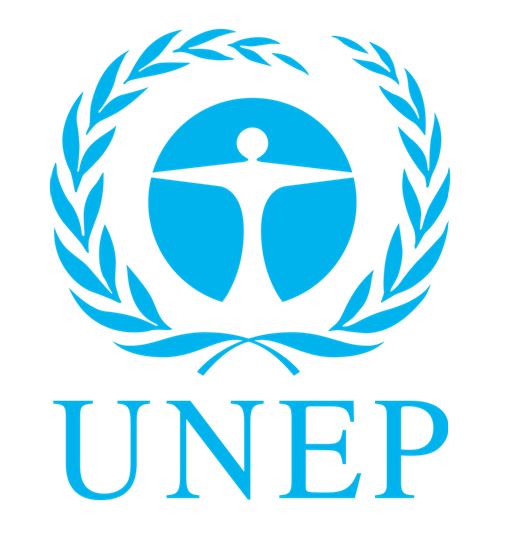Madagascar Launches $34M Coastal Climate Resilience Project
The Government of Madagascar has launched a landmark $7.1 million initiative aimed at protecting vulnerable coastal ecosystems and boosting climate resilience in four key regions; Boeny, Menabe, Diana, and Atsimo Atsinanana. Nearly 100,000 people are expected to benefit directly from the project, which focuses on restoring nature-based defenses and supporting sustainable livelihoods.
The project, titled Scaling Up Ecosystem-Based Adaptation for Coastal Areas in Madagascar, is being implemented by the Ministry of Environment and Sustainable Development with funding from the Global Environment Facility (GEF) and co-financing of $27 million.
The United Nations Environment Programme (UNEP), a long-standing partner in resilience-building and environmental stewardship, is serving as the implementing agency and provided technical support in developing the project.
Madagascar’s coastal ecosystems; mangroves, coral reefs, and coastal forests—serve as critical natural buffers against rising sea levels, cyclones, and erosion. These areas also provide essential resources for coastal populations, including fish stocks and non-timber forest products.
However, increasing environmental pressures from climate change, deforestation, and overfishing are threatening both the ecosystems and the communities that depend on them.
The initiative aims to restore 3,000 hectares of mangroves and coastal forests, rehabilitate 2,000 hectares of degraded watersheds, and support the creation of 20 ecosystem-based businesses.
These businesses will focus on climate-resilient sectors such as sustainable fisheries, aquaculture, beekeeping, ecotourism, and rainfed agriculture. The project also prioritizes the empowerment of women and youth by providing training, equipment, and technical support.
In her remarks during the official launch ceremony held at Hôtel Le Louvre Antaninarenina, Secretary General of Environment and Sustainable Development, Hahitantsoa Tokinirina Razafimahefa, emphasized the multifaceted benefits of the project.
“Restoring mangroves means protecting the coastline, supporting sustainable small-scale fishing, creating natural carbon sinks, and preserving nesting sites for rare species. In other words, it means acting on adaptation, mitigation, food security, and biodiversity conservation—all at once,” she said.
UNEP’s Programme Management Officer, Paz Lopez-Rey, emphasized the broader impact of the project. “The project will strengthen local governance for integrated coastal zone management, while ensuring the integration of ecosystem-based adaptation into key regional and municipal planning tools. But it will go further than that; it will lead to a national strategy to scale up ecosystem-based adaptation in other vulnerable coastal areas of the country,” she said.



